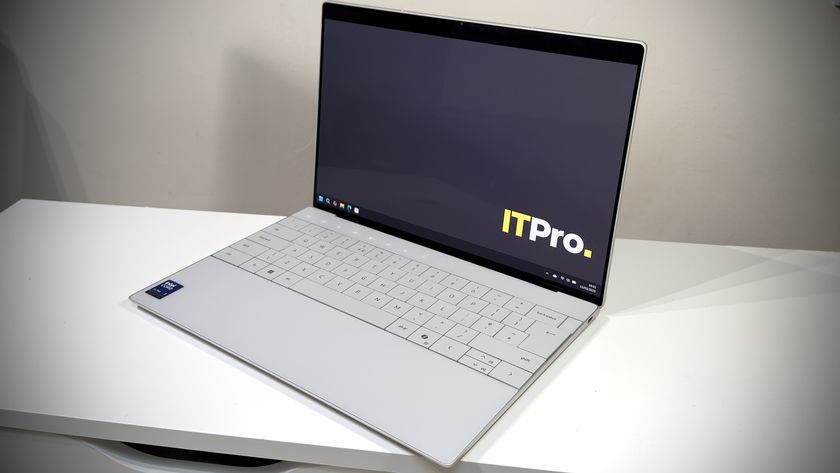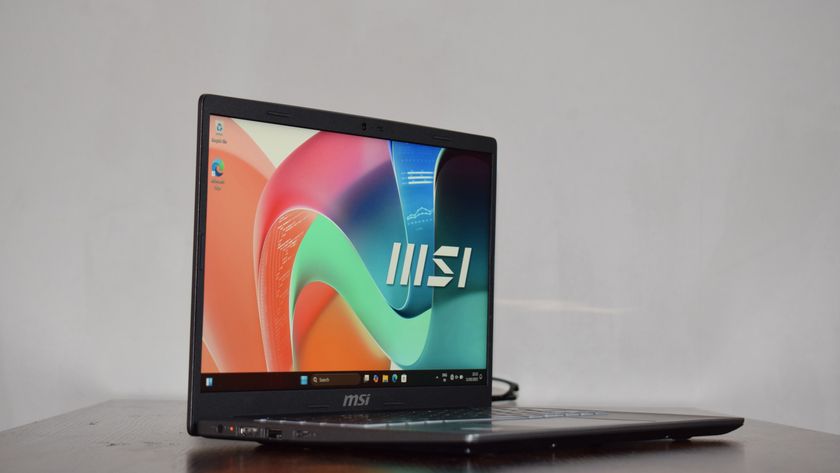Netbooks: Time to say no?
Something interesting is happening in the consumer notebooks market – and it's something that has implications for the enterprise market too.
All of this comes at a time when the corporate sector is still trying to make up its mind about netbooks. In August, a study by desktop management software vendor, Spiceworks noted that only 13 per cent of the 1,000 IT professionals surveyed planned to purchase netbooks in the future. A June study by US analysts Chadwick Martin Bailey found that 29 per cent of the companies it surveyed had no interest in purchasing netbooks in the future, citing poor performance and the small, non-ergonomic form factor as the primary reasons.
Is the netbook then doomed as a corporate tool? Not necessarily. If the netbook has a future in the corporate sphere, it's as a device for a specific category of user. The Chadwick Martin Bailey survey concluded that these were those employees who have jobs that keep them on the road and out of the office, and for whom the advantages of low weight and size and affordable cost outweighed the issue of lower performance.
"There is a space for netbooks in the enterprise ecosystem, but the more commercial netbooks will focus on specific task usages," according to Lionel Bohar, head of Dell's notebooks division in Europe, the Middle East and Africa (EMEA).
For Bohar, these are applications like inventory lookup or sales databases which "do not require high performance, that utilise web-based applications and that do not require the user to work outside of a 30 to 60 minute time period."
Ken Chan, a senior product manager for Toshiba's B2B laptops division, ties this down further. "Originally netbooks were not designed for the enterprise space due to the limitations on their ability to perform heavy processing tasks," he said.
"However, because they are so portable and compact they are becoming more popular across the vertical markets, such as the medical and education industry. In these sectors the bulk of company information will be stored centrally, which means it can be accessed via a Web browser so the demand on the CPU is not so great."
In other words, it comes down to an old distinction. If you want to create a lot of content, you need a notebook. If you merely need to view and edit existing work, then a netbook makes a very practical alternative.
Get the ITPro. daily newsletter
Sign up today and you will receive a free copy of our Focus Report 2025 - the leading guidance on AI, cybersecurity and other IT challenges as per 700+ senior executives
Stuart has been writing about technology for over 25 years, focusing on PC hardware, enterprise technology, education tech, cloud services and video games. Along the way he’s worked extensively with Windows, MacOS, Linux, Android and Chrome OS devices, and tested everything from laptops to laser printers, graphics cards to gaming headsets.
He’s then written about all this stuff – and more – for outlets, including PC Pro, IT Pro, Expert Reviews and The Sunday Times. He’s also written and edited books on Windows, video games and Scratch programming for younger coders. When he’s not fiddling with tech or playing games, you’ll find him working in the garden, walking, reading or watching films.
You can follow Stuart on Twitter at @SATAndrews.

















